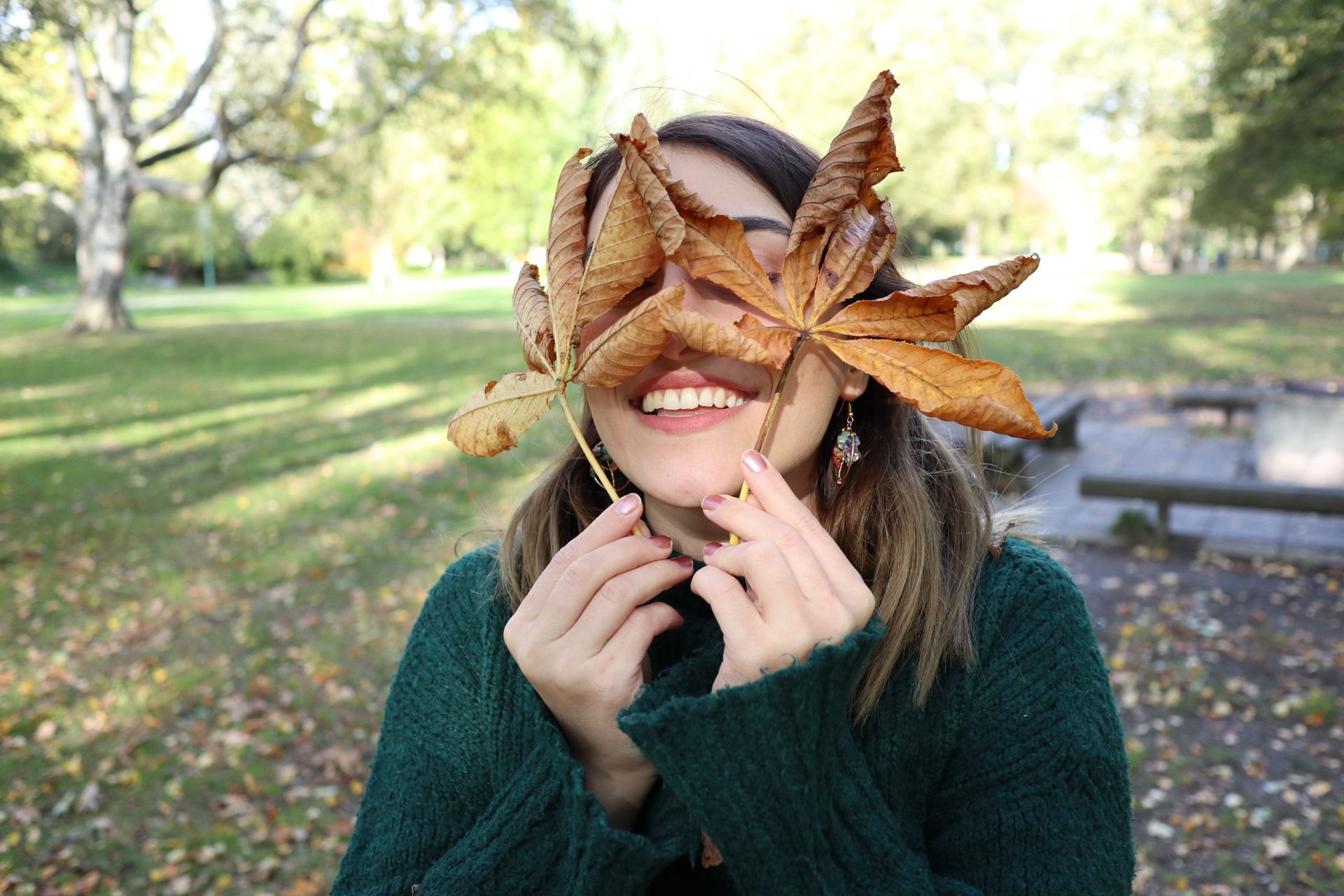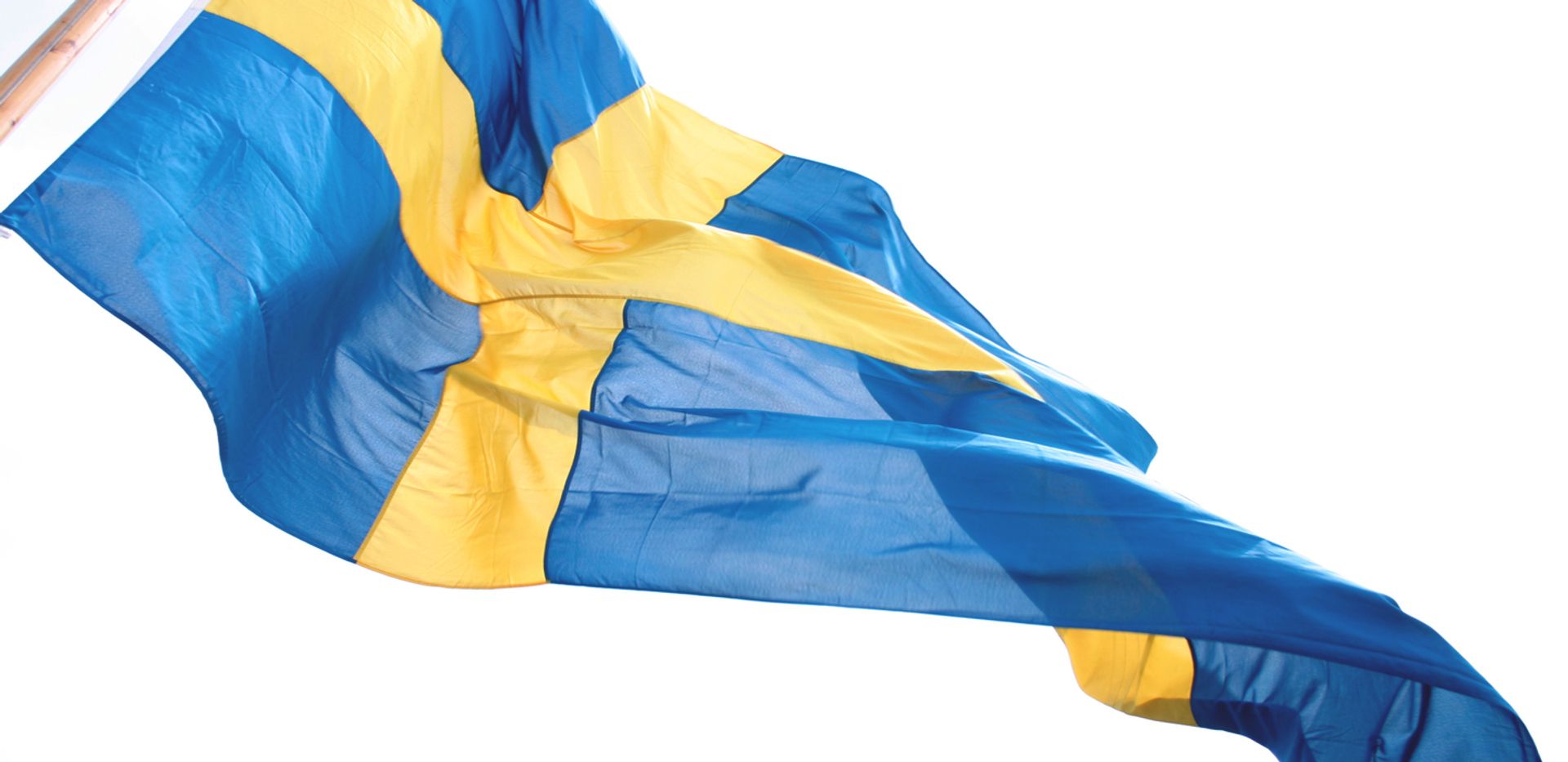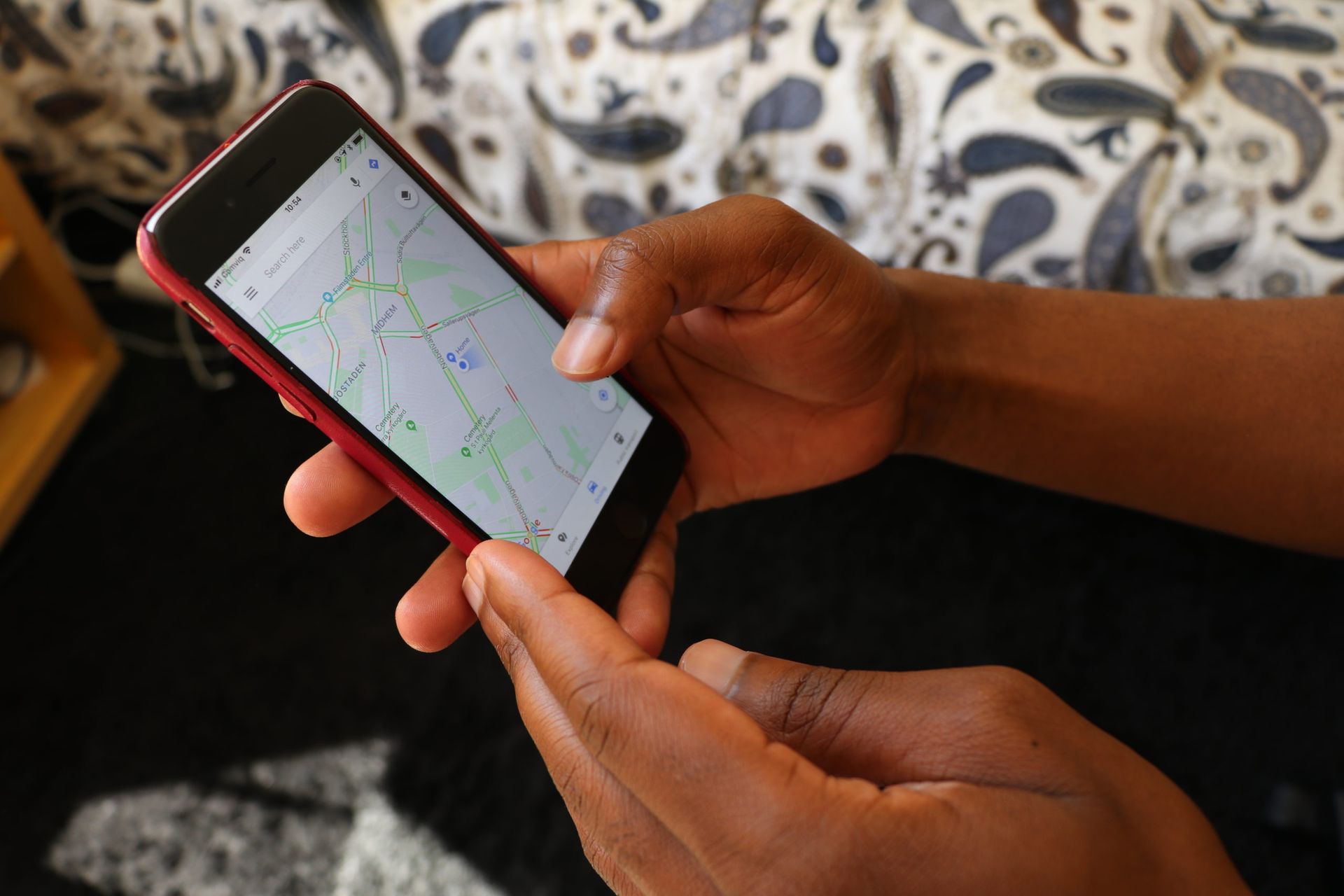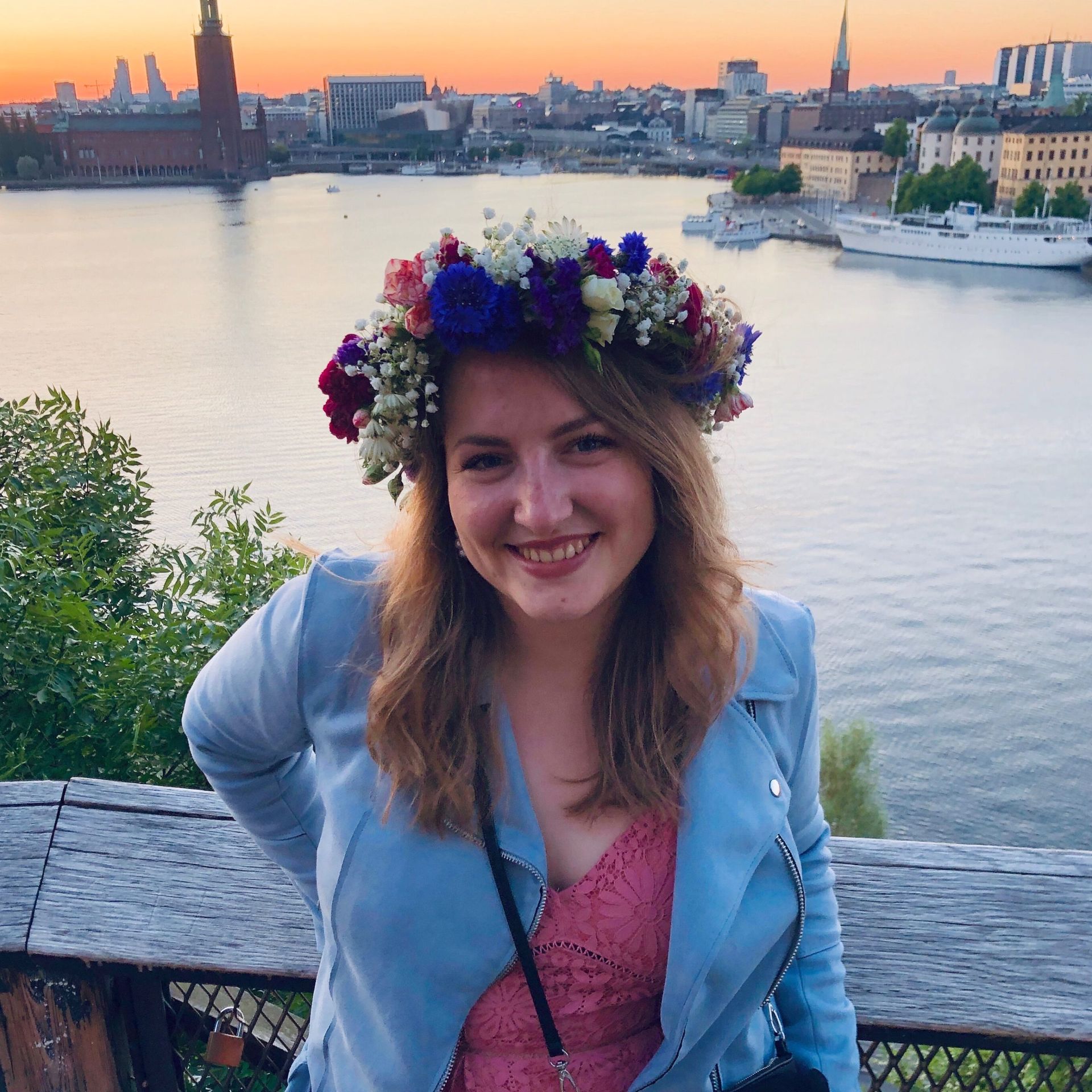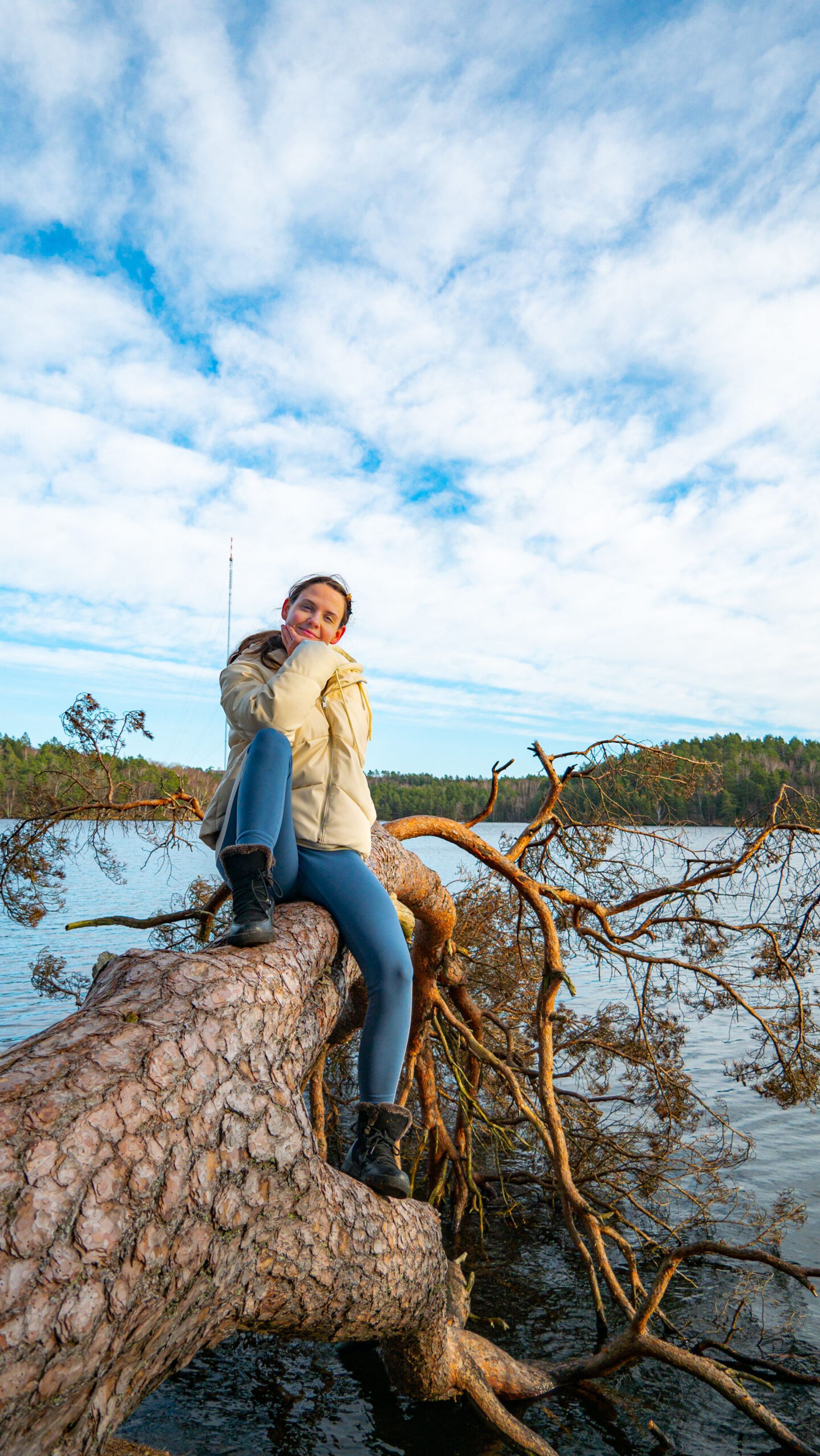
Written by Annamaria
25 Oct 2023
When I was applying to study in Sweden, I didn’t know what to expect. I had never visited Sweden before coming here to study. I worried about the cost of living, accommodation, finding friends, surviving the Swedish winter, and the language barrier. It felt like I was a little fish thrown into a big sea full of unknown possibilities.
Part 1: Autumn
I arrived in Sweden at the end of August. The weather was much nicer than I had expected. I had to carry a light jacket everywhere I went but the autumn breeze was in a way rather comforting than cold. I got to see the leaves turn all the colours of autumn and it was a beautiful experience.
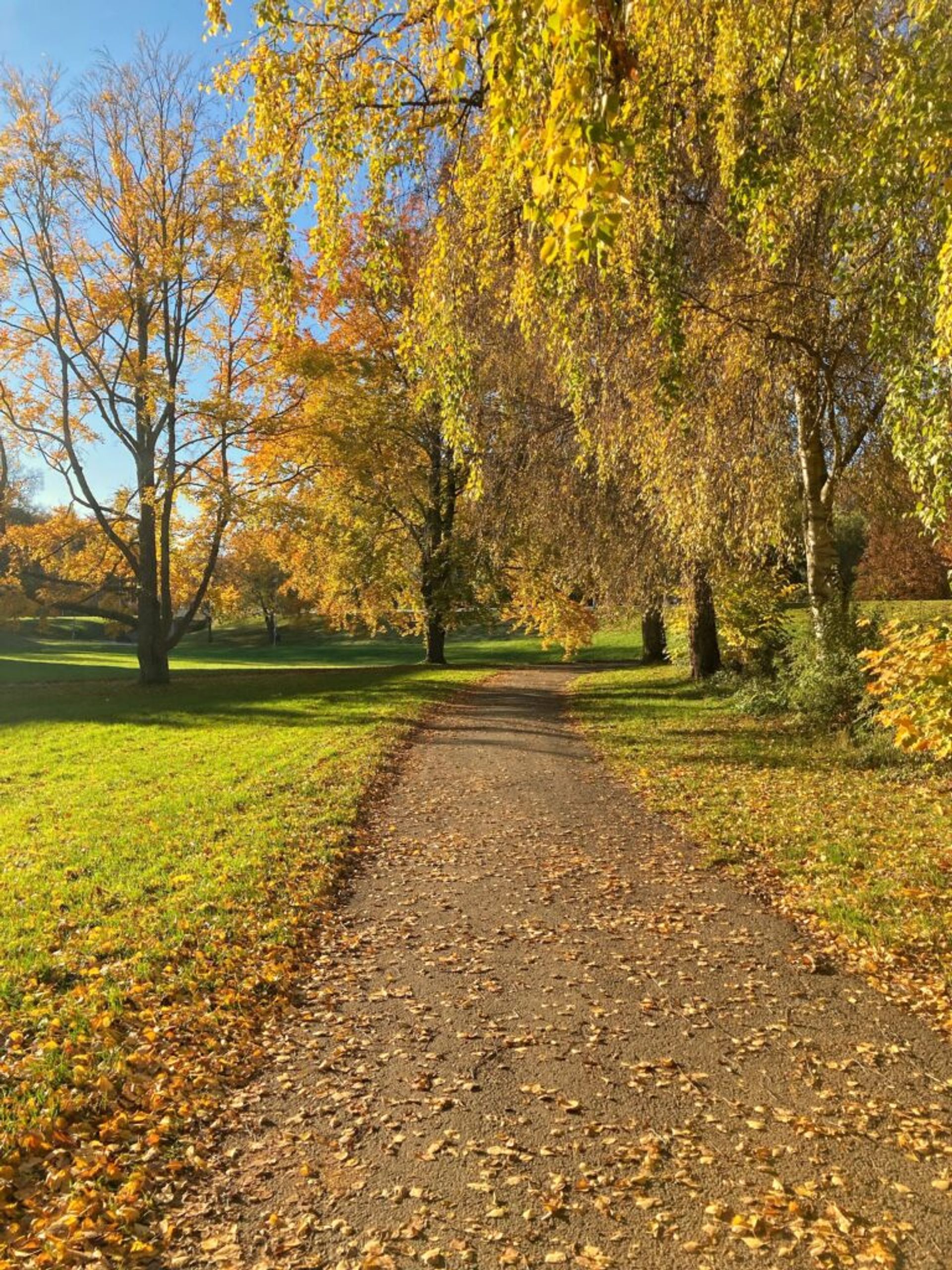
Finding your home
The best case scenario is that when you arrive in Sweden, you already have your accommodation secured. It’s not always that easy though. International (non-EU) students and exchange students have an accommodation guarantee at most universities but others are condemned to find accommodation on their own. I found my accommodation through a Facebook group but I looked a lot through Blocket Bostad as well. It is a bit easier to find affordable accommodation in a smaller city (like Skövde) with not too much competition. The larger the city is, the harder it might be to find a place outside the university.
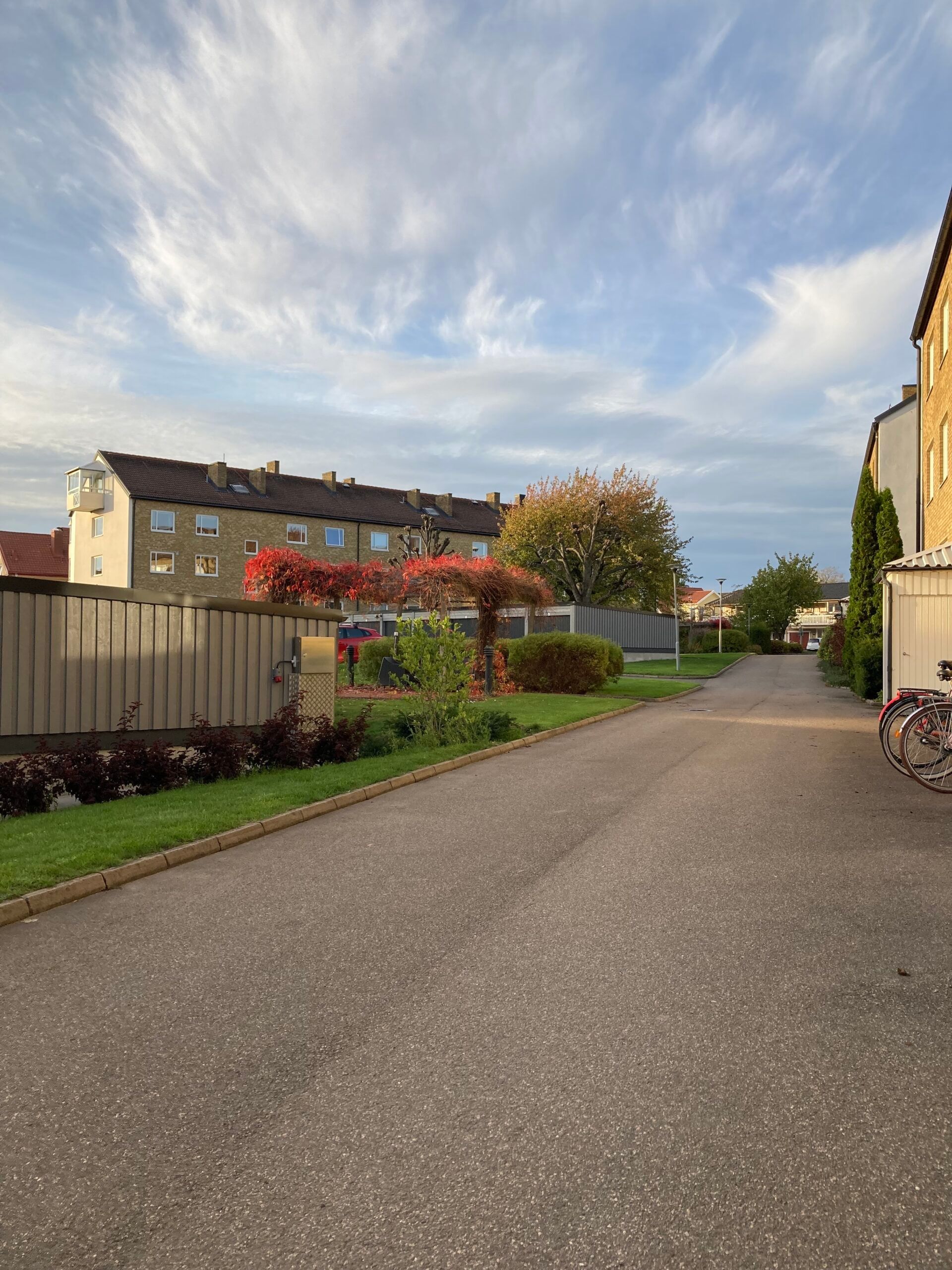
It was only after my arrival that I learned about the housing queues. Learn more about finding accommodation and the housing queues from the post by Sanjay.
But basically, each city in Sweden has the option of joining a housing queue. The best is to find a queue for student housing which your university recommends. For every day that you are part of this queuing system, you get a point. So generally the earlier you apply for a queue, the better. With many points, you can apply for a nicer apartment, and with fewer points, you’ll get into a shared dormitory. These student apartments might also be big enough to accommodate students with a partner or with family. That way you can get cheaper accommodation and you don’t have to worry about finding a place outside the university.
Furnishing your home
What I did not expect is that most apartments that you can get come unfurnished. I spent a large amount of my budget on furniture and kitchen utensils in the first month of my studies. Visiting (/ordering from) IKEA became a habit. I also learned about second-hand culture in Sweden. You can find many useful things at Erikshjälpen Second Hand or the Facebook Marketplace for affordable prices. I had to buy a bed, a table with a chair, kitchen utensils, bathroom storage, and other essentials. I think I spent about 6000 SEK just on these things without making the apartment look cosy. This price might differ depending on how good you are at finding cheaper furniture and what options of delivery you have. Make sure though that you have some extra budget for furnishing your place upon arrival.
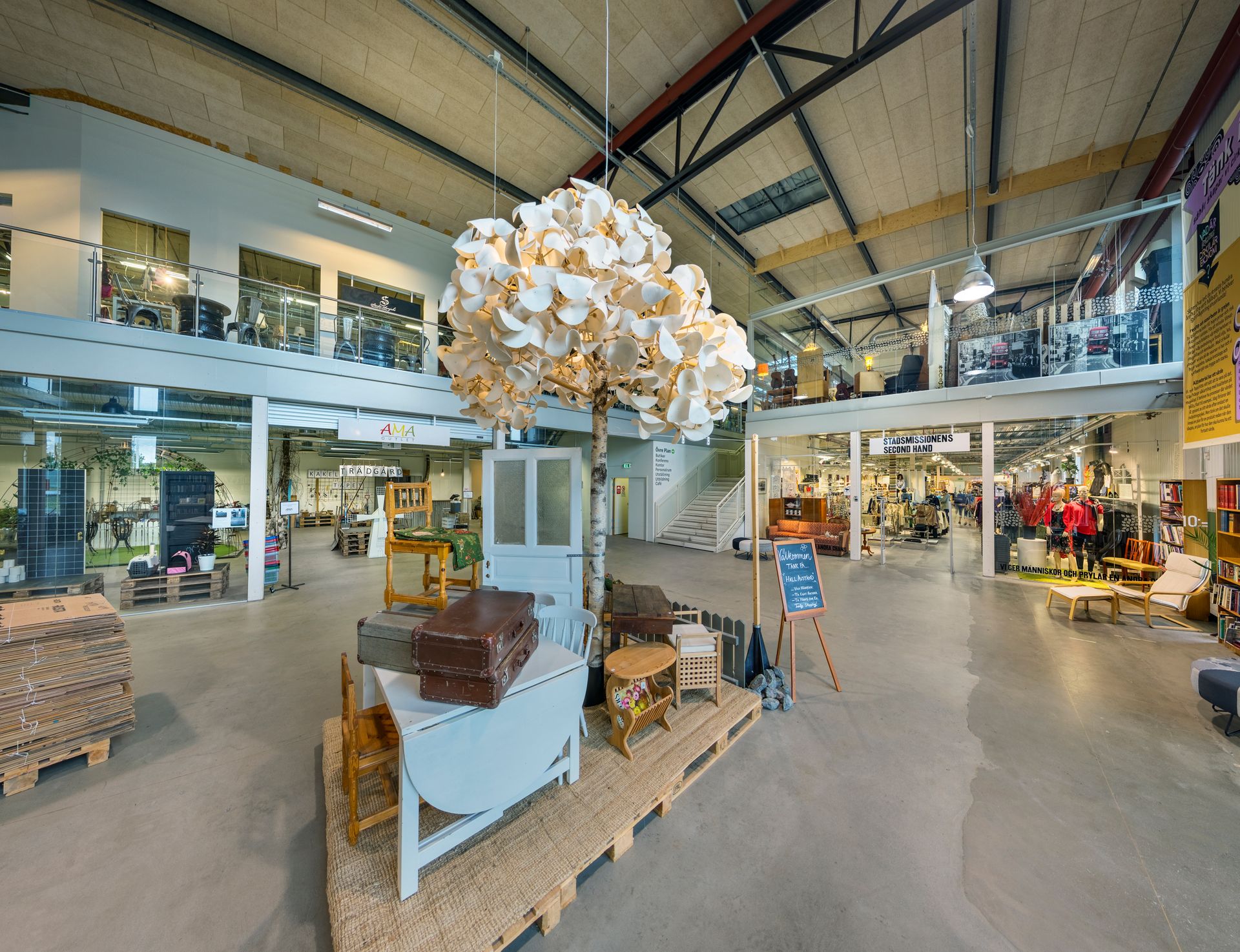
Getting a Swedish ID & bank account
The next step on the agenda was getting a personal identity number, Swedish ID card, and Swedish bank account with its famous Bank ID and Swish. To get these things was a bit of a struggle for me, read more in my blog post. In simple steps:
1. You apply for a personal identity number through Skatteverket (You can contact them if you are unsure how to do it). It can take anywhere up to 3 months to get but it’s usually quicker for students.
2. After receiving the personal identity number, you can apply for a Swedish ID card at Skatteverket again. They take your picture and send you the card by post. If you do this in a smaller city, it’ll be a quicker process. But it’s not possible to do this in every city.
3. Then you walk into a Swedish bank and hope they’ll open a student account for you. Or at least some account. Many banks are quite hesitant to open an account for a foreigner without a job. My best experience was with Nordea Bank. It might differ for you though. Just know that it’s not as easy as in other countries.
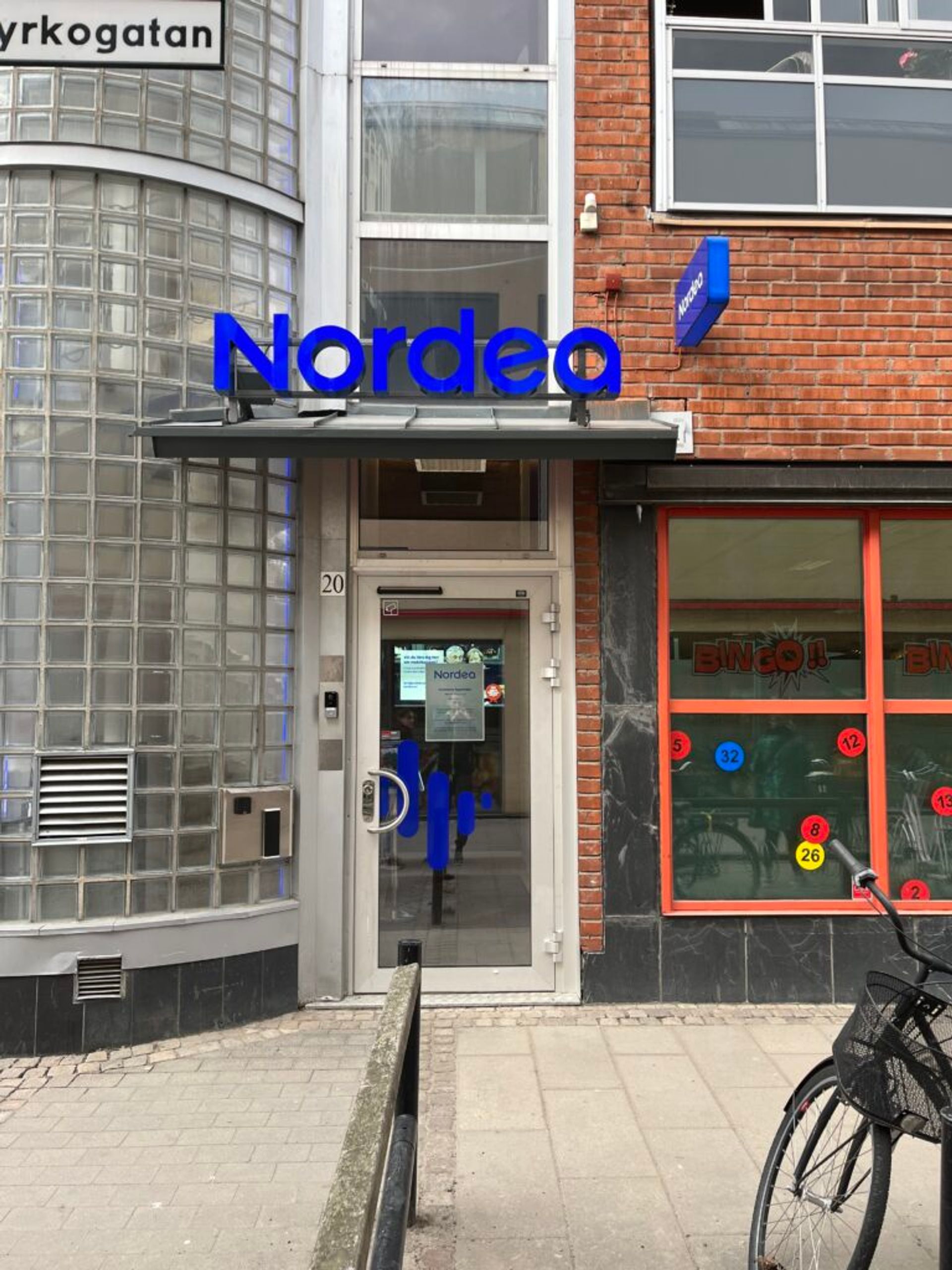
At the bank, they’ll help you set up your Bank ID and Swish (with a Swedish number). Then you’re ready to start your proper Swedish experience.
*if you are studying in Sweden for less than 1 year, you don’t have to go through this struggle but I still recommend applying for a coordination number. It might make your life a bit easier.
I definitely didn’t expect it would be so complicated. But what would life be without its struggles?
Getting to know people
I recently wrote a blog post about finding friends in Sweden. It’s a bit easier to find friends within your class. A couple of weeks after I arrived in Sweden, we had a COVID-19 case in class. We had our first few classes online which meant spending a lot of time alone. After this, we were all eager to meet each other. Throughout my years in Sweden, I found out that to find friends here you need to join in the activities with others. Whether it’s the student union, sports club, choir, clubbing, part-time job, volunteering, etc. It might be out of your comfort zone but if you don’t join in, it’ll be much harder to find people to hang out with.
I tried to organise study sessions with my classmates. That helped to find someone to rely on in the class. But you need to hang out outside of class to become friends. With extracurriculars is as easy as it can get in a new environment.
Don’t be afraid to reach out to people first, to organise meet-ups after school, to talk with new students. We are all just desperately looking for connections at the start of our journeys in Sweden.
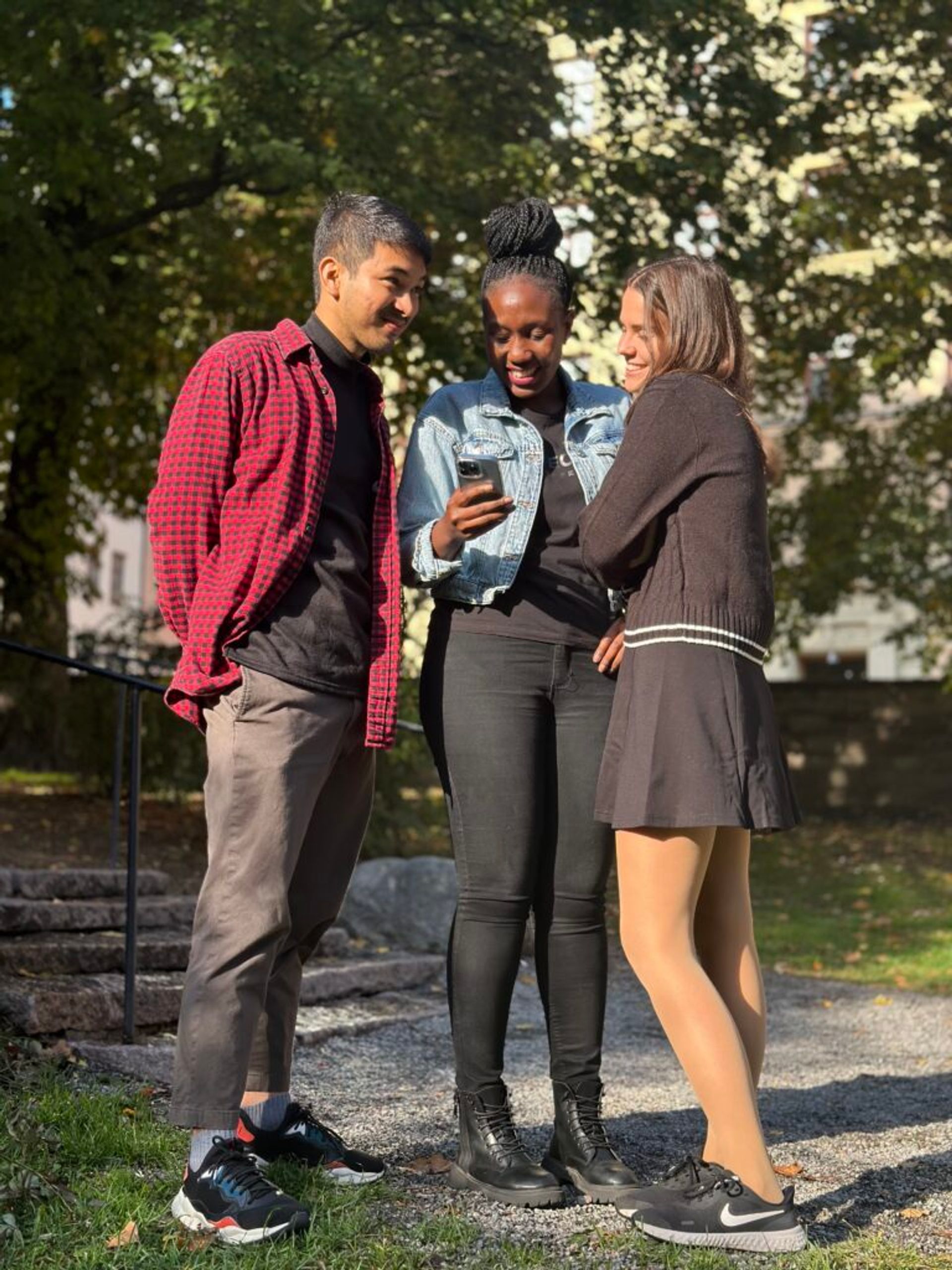
Buying a bike
I heard about the biking culture in Sweden and although it’s not as intense as in Denmark or Netherlands, it’s still very much present. Getting a bike in Sweden might save you a lot of money on transport and help you become a little bit more Swedish. I got my bike in the first month with the help of Facebook Marketplace for about 1500 SEK and I loved it ever since. Learn more about why you need a bike in Sweden.
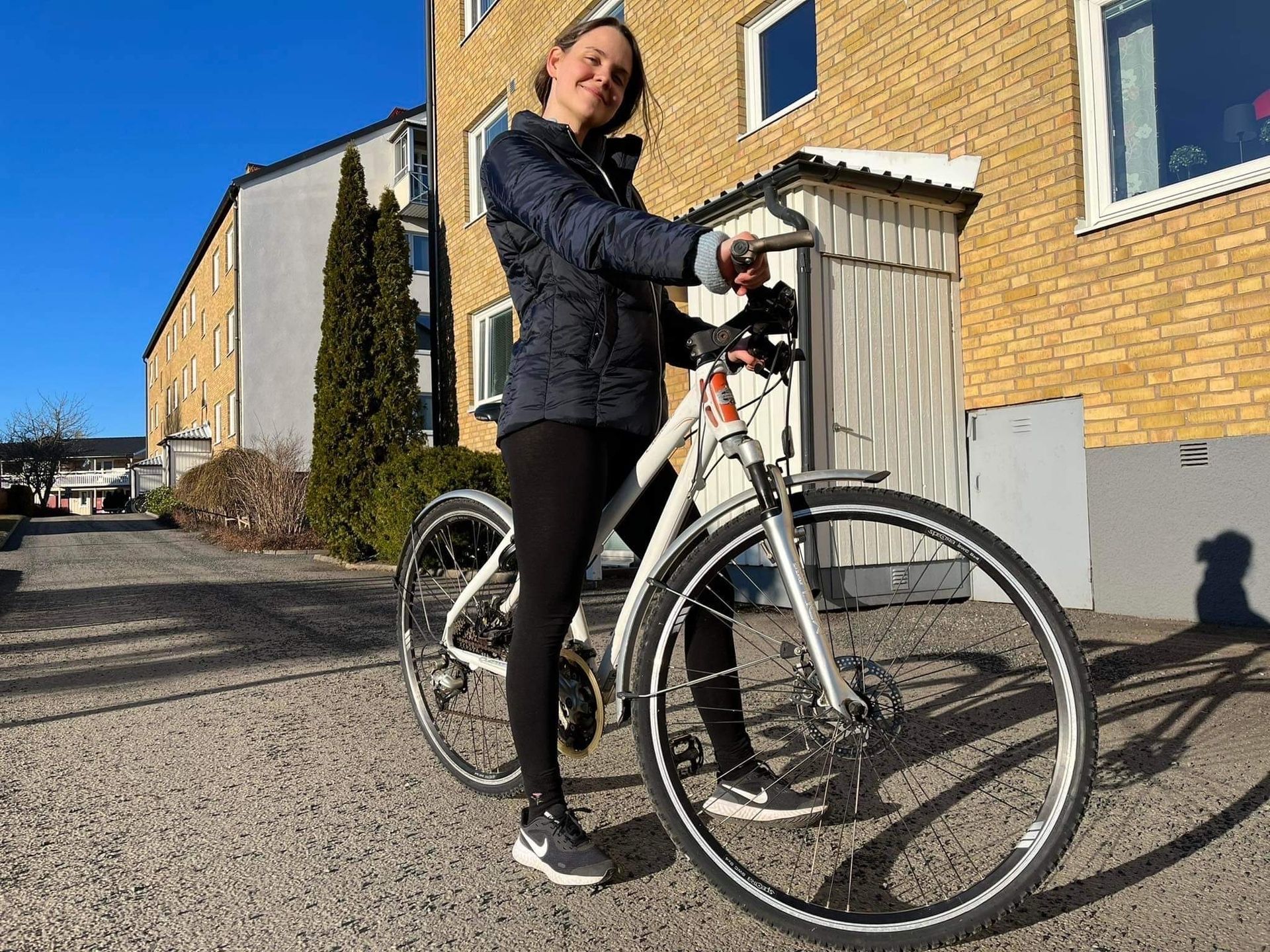
Part 2: Winter
As winter came, everything changed. The world got covered by a white fluffy blanket and it became a bit darker but also magical in its own way. As I was walking down the street in my cosy winter clothes, I was looking at all the lights shining bright from people’s windows and I realised: “I really need more light.”, so I went to the second-hand store and got a lamp. I also had to buy some fancy candles. It makes all the difference. Preparing for winter in Sweden was a whole new experience for me.

Buying winter clothes
We have winter in my country, so in a way, I knew what to expect. Or did I? Most cities in Sweden get snow during winter, some get a lot, some not that much but they still get snow. It also somehow feels even colder, maybe it’s because of the wind that can be really strong sometimes. Maybe it’s because of the lack of sunshine. How to deal with the lack of sunshine is whole another topic. First, come the winter clothes you need to survive the winter in Sweden. The more north you live, the more layers you’re gonna need, and to be truly Swedish-like, you have to make it stylish too. I definitely recommend reading my guide to find out how.
Hibernating
As the year is coming to an end, everything somehow calms down. People become quieter, streets a little emptier, and that’s when you know it’s time to ‘hibernate’. The cosy place that you created for yourself will be your sanctuary for the upcoming months. I was surprised at how different it felt. I expected it to be freezing but wearing a warm and comfy sweater was also comforting. Getting a warm cup of coffee with a ‘kanelbulle’ (cinnamon bun) was a feeling of a whole new level. That is the famous ‘fika’ feeling.
What I learned is that this time is for you to recharge, focus on your own self-development, and reflect on the past few months. Maybe you can use this time to learn some Swedish by watching Swedish movies. It’s good to know the language even when English is spoken everywhere. You never know when you’ll need it.
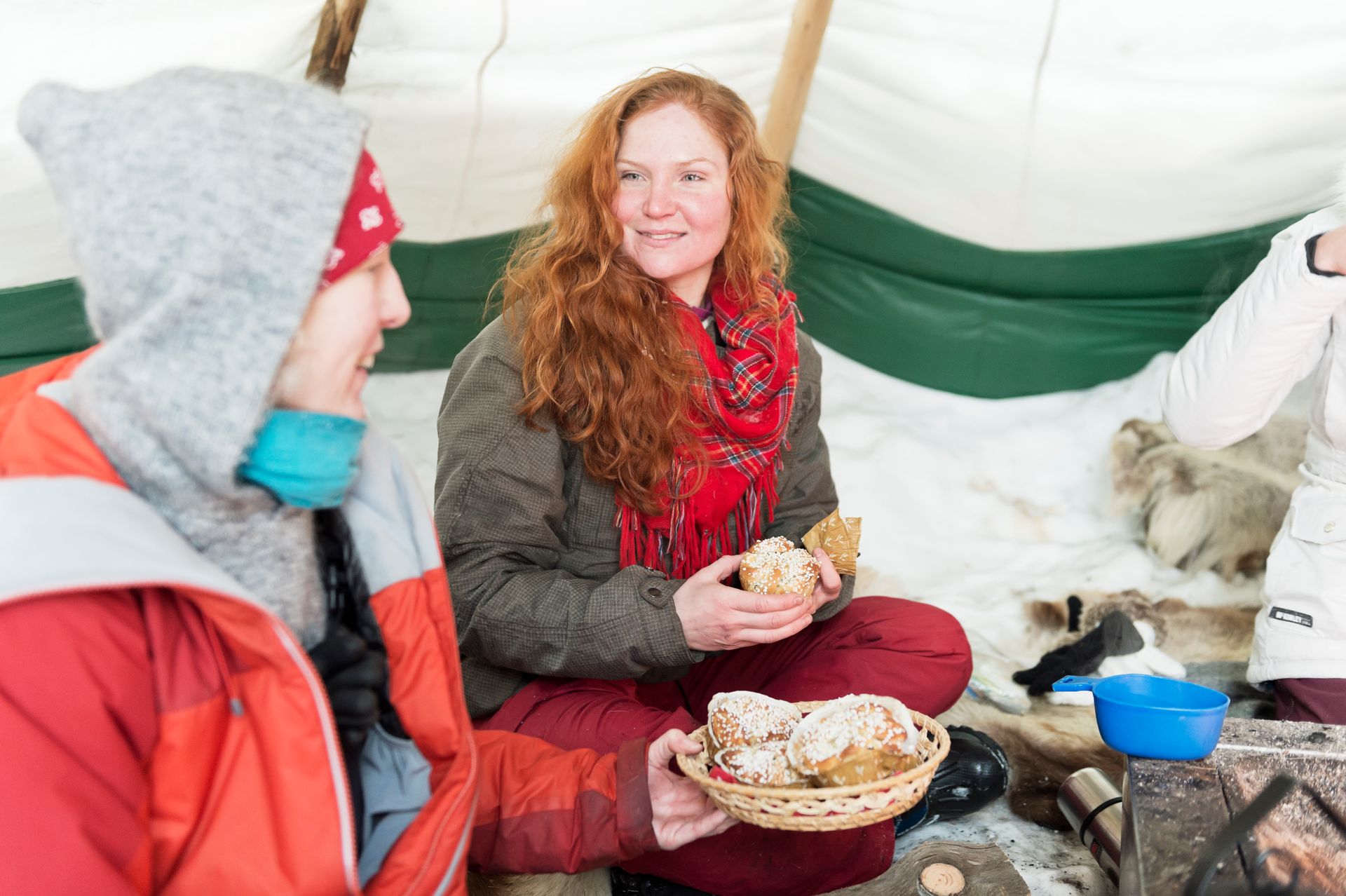
Christmas
And of course, Christmas in Sweden is something to look forward to. You get to experience the Swedish Christmas market and see the Christmas trees everywhere. Make sure to make the most out of it even if you spend your Christmas alone. There is so much to do, try, and see. But don’t forget to study. Your exams will most likely be right after the Christmas holidays. It might be hard but here are some quick tips to help you study during Christmas.

Spring
Spring starts around mid-April depending on where in Sweden you are. It is this time when everything comes back to life again. People come out of their homes, you might even receive a few heart-warming smiles on the street. People are so different this time of year and so are you.
Observing the seasons change
You’ve been there, you’ve done that. Your first winter in Sweden is finally coming to an end. The semester is halfway through and you already know your campus, you know which teachers you like, where you like to study, and which classmates you get along with. As the seasons change you realise that you change a bit with them too. With each month that passes, you learn more and become somewhat different.
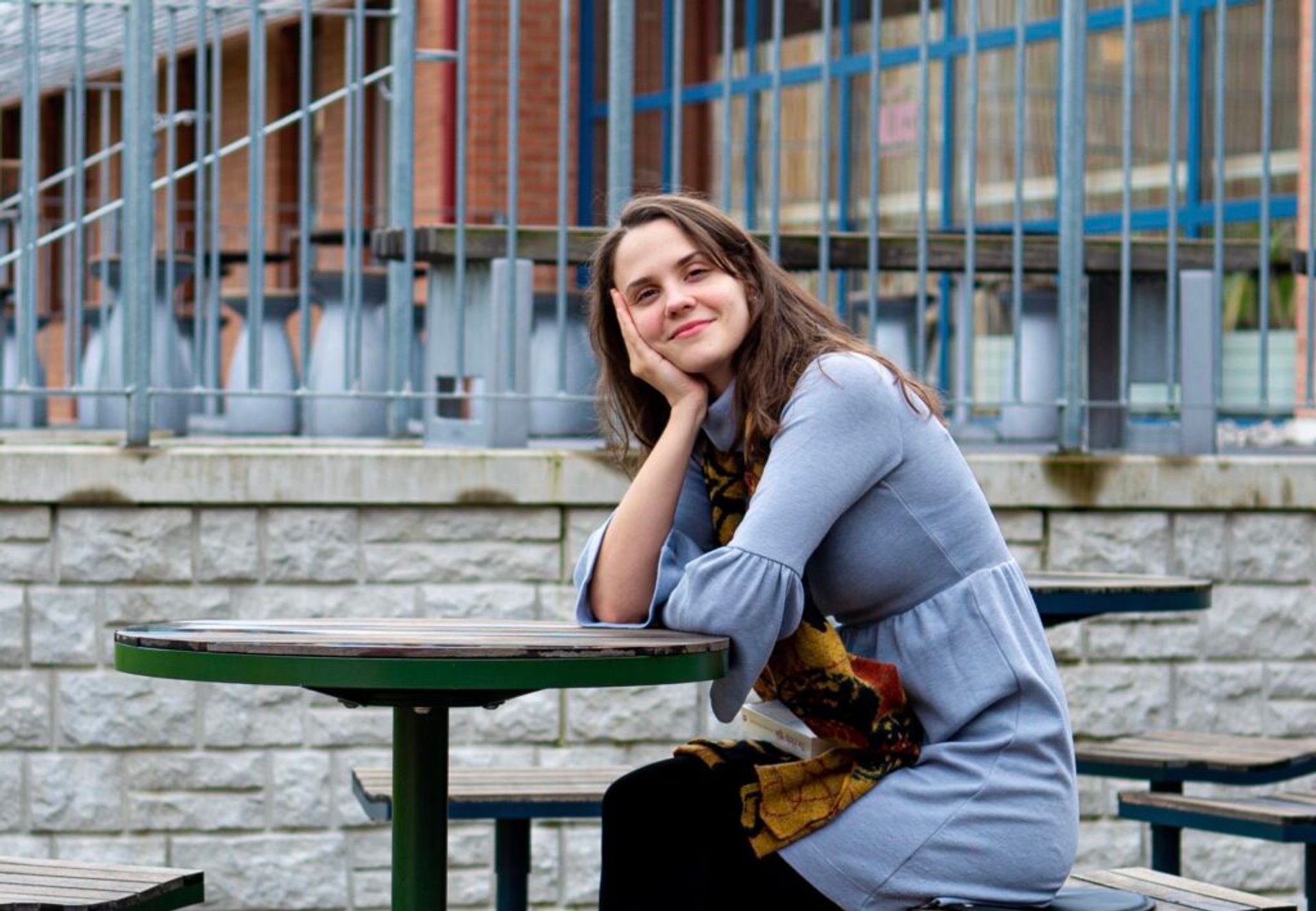
Becoming more Swedish
Becoming somewhat different might be becoming a little more Swedish. What does that even mean? It might be small things like taking up some Swedish vocabulary that you start using just for fun. Or taking more breaks throughout your day to get a nice cup of coffee. You might have tried mushroom picking, ice bathing, or sauna. It might even get a little more uncomfortable for you to talk to people on the streets after so many winter months of ‘hibernating’. Who knows? Or you’ll just learn to appreciate little things, like the light rays of sunlight or a short walk through a beautiful forest.
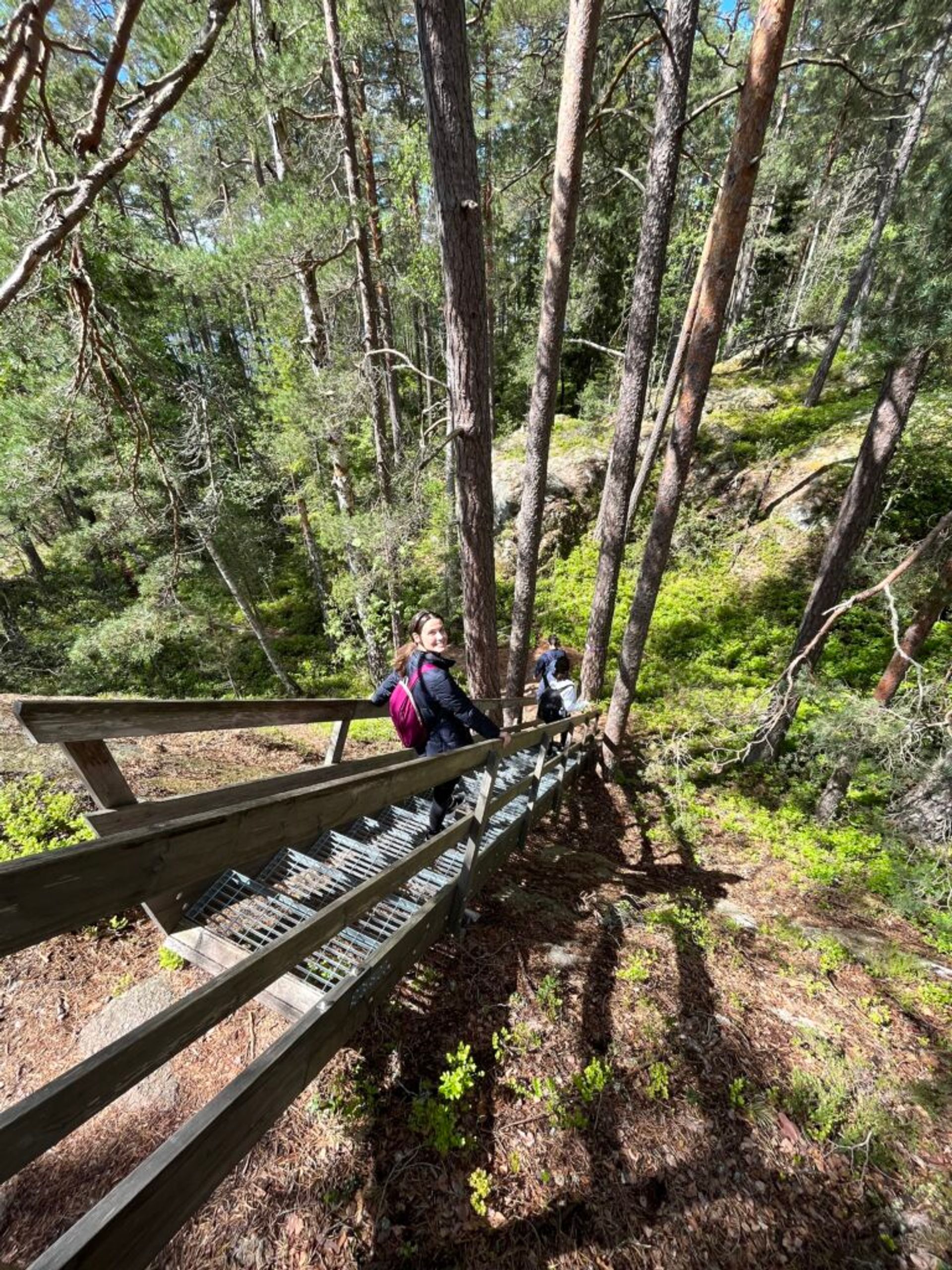
Summer
And finally, the months we have all been longing for… SUMMER! You’ll start to feel it mid-May with the flowers blooming and everything becoming green again. You can hop on your bike and explore this beautiful country. Of course, even summer in Sweden is not without rain but there is still so much to look forward to, who cares!
Midsummer
I think my favourite of all Swedish holidays, Midsummer (or ‘Midsommar’) just hits differently. It’s one day of the year when you get to see a whole new side of Sweden. As Swedes welcome the start of the summer, they dance, play, eat strawberries, and laugh together until late at night. I celebrated my first Midsummer in Gothenburg and I was surprised how beautiful and positive it was. This might just be the moment you fall in love with Sweden again.

Watch Narmina’s video to learn more about Midsummer in Sweden!
Planning new adventures
So now during the summer, your first year in Sweden is coming to an end. You got to meet new friends and experience so many new things! And now it’s time to plan other adventures. It might be in Sweden if you’re staying for the summer and other years to come or it might be in another country. If you stay in Sweden, I recommend two things:
- Finding a part-time job/volunteering – that way you can fill your summer with something productive and meet even more people
- Exploring Sweden – I went to explore the Västra Götaland region since that’s where I live but you might just plan a few trips around your area
Let me know in the comments how your first year in Sweden turned out to be. Was it what you expected or something completely different? Wanna know why living in Sweden makes me happy, make sure to read my post.

